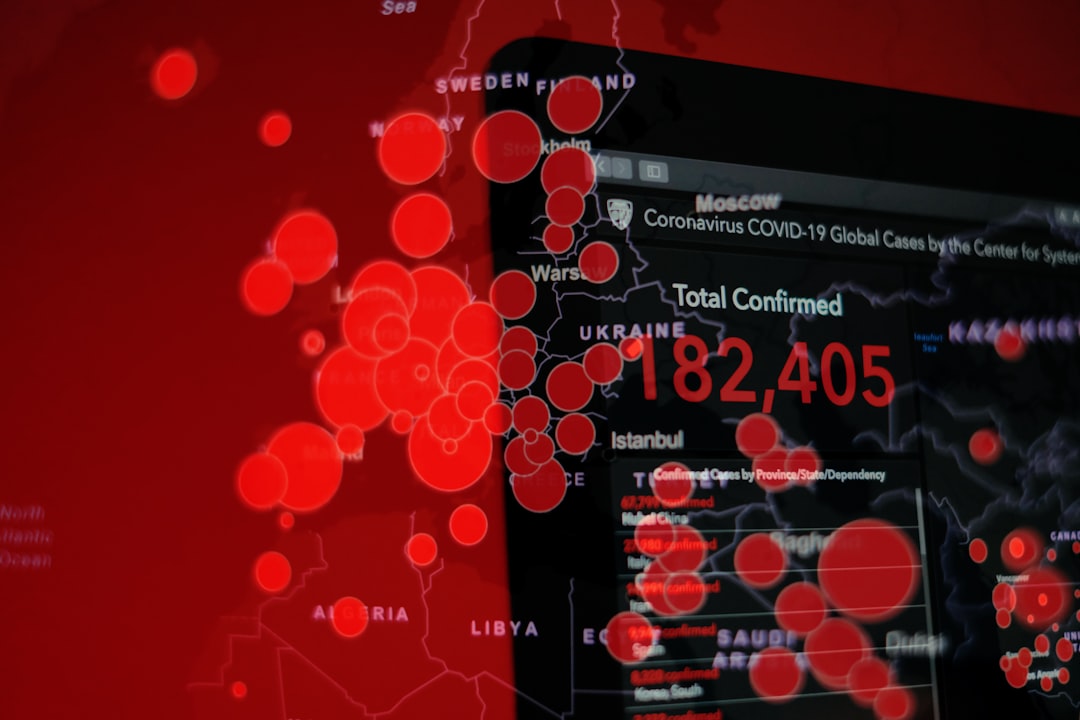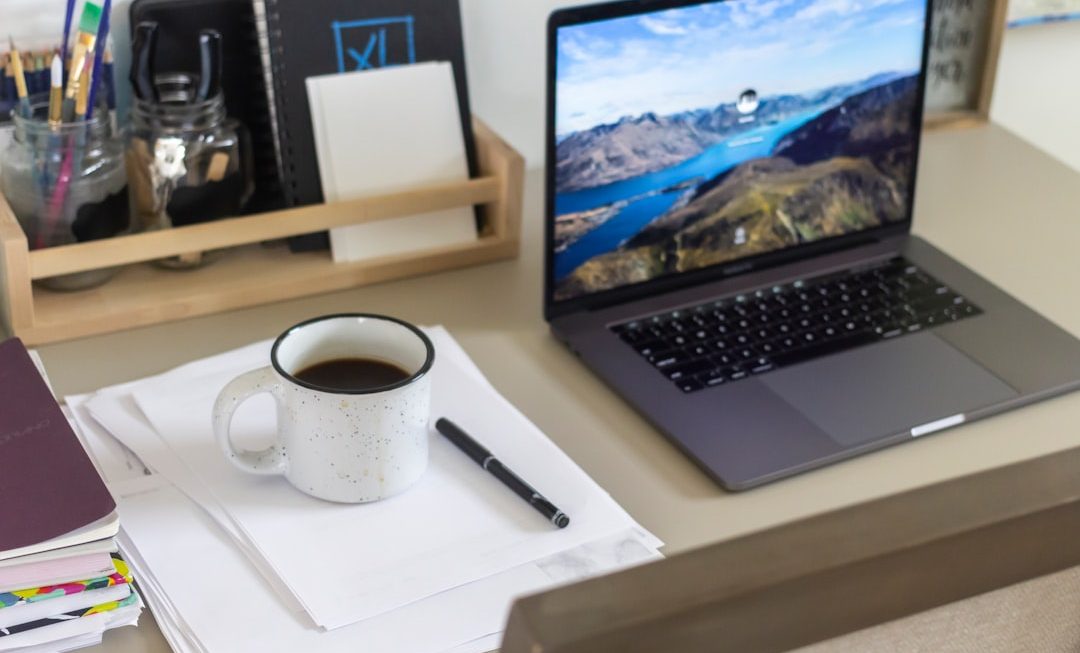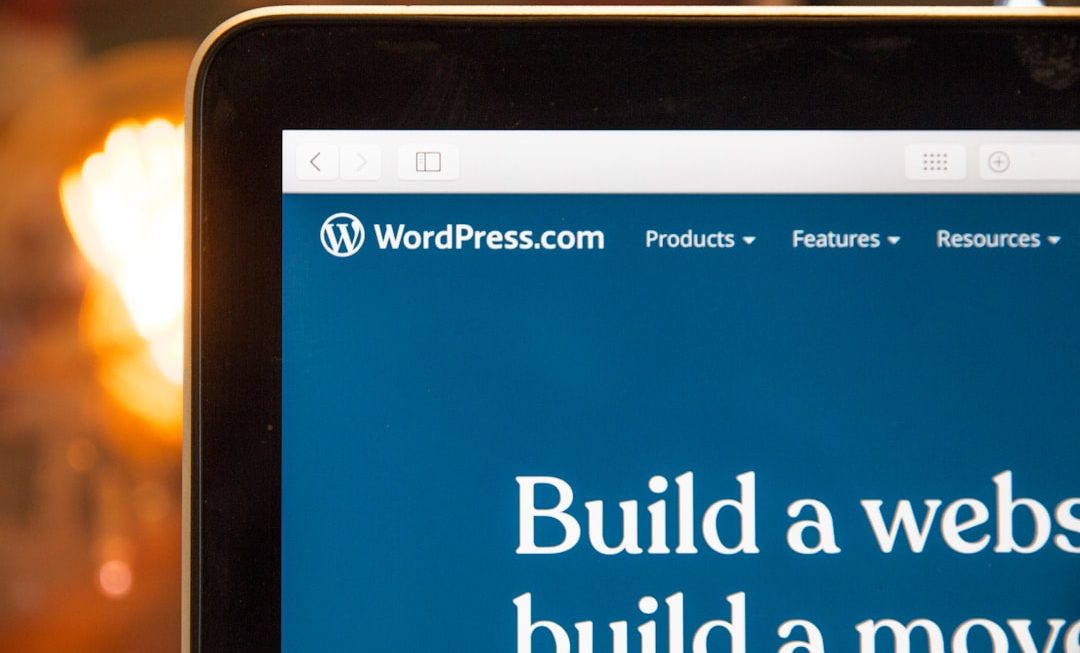If you’ve ever browsed through Netflix in one country and then tried again in another, you’ve probably noticed something: the library of shows and movies can vary drastically depending on your location. This geo-restriction practice has led many users to ask the same question — *can I use a VPN to watch Netflix content from another country?* The bigger concern, however, is whether doing so is illegal. Let’s take a closer look at the legal and practical aspects of using a VPN for Netflix.
What is a VPN?
VPN stands for Virtual Private Network. It’s a tool that helps secure your internet connection by routing it through an encrypted tunnel to a remote server. A side effect of this is that it can make it appear as though you are browsing from another country.
For example, if you connect to a server in the United States while sitting in Germany, most websites and apps, including Netflix, will think you’re located in the U.S. This technique is commonly used to access geographically restricted content.
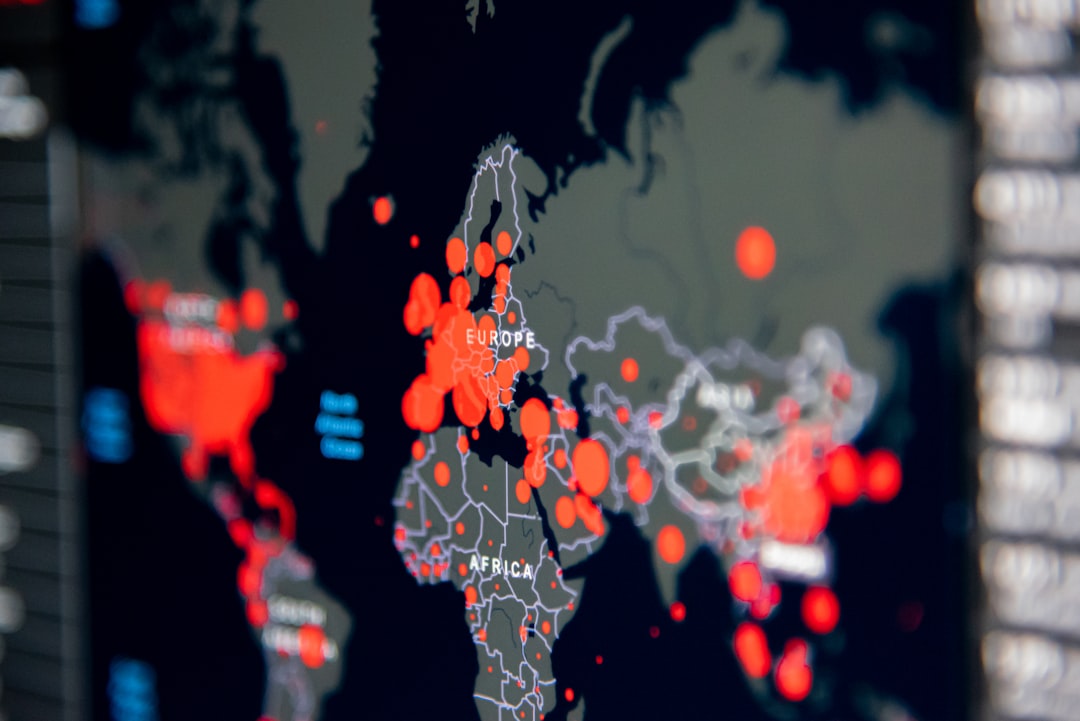
Why People Use VPNs with Netflix
The appeal is obvious: Netflix content differs from region to region due to licensing agreements. Some countries have access to a larger selection of movies and shows, while others have a more limited library. A VPN can help users:
- Unlock exclusive content available only in specific regions
- Continue watching familiar content while traveling
- Experience regional titles such as local shows or international films
Is It Illegal to Use a VPN for Netflix?
The good news for curious streamers is that using a VPN to access Netflix is not illegal in most parts of the world. You’re not going to be fined or thrown into jail simply for using one. However, just because it’s legal doesn’t mean Netflix is okay with it.
What Netflix Thinks
Netflix’s Terms of Use explicitly state that users agree not to circumvent content protections or access content that isn’t available in their territory. Using a VPN for this purpose technically violates those terms.
That being said, Netflix typically doesn’t take legal action against individual users who use VPNs. Instead, their main countermeasure is technical: they actively detect and block many VPN servers. This results in those frustrating errors like “You seem to be using an unblocker or proxy.”
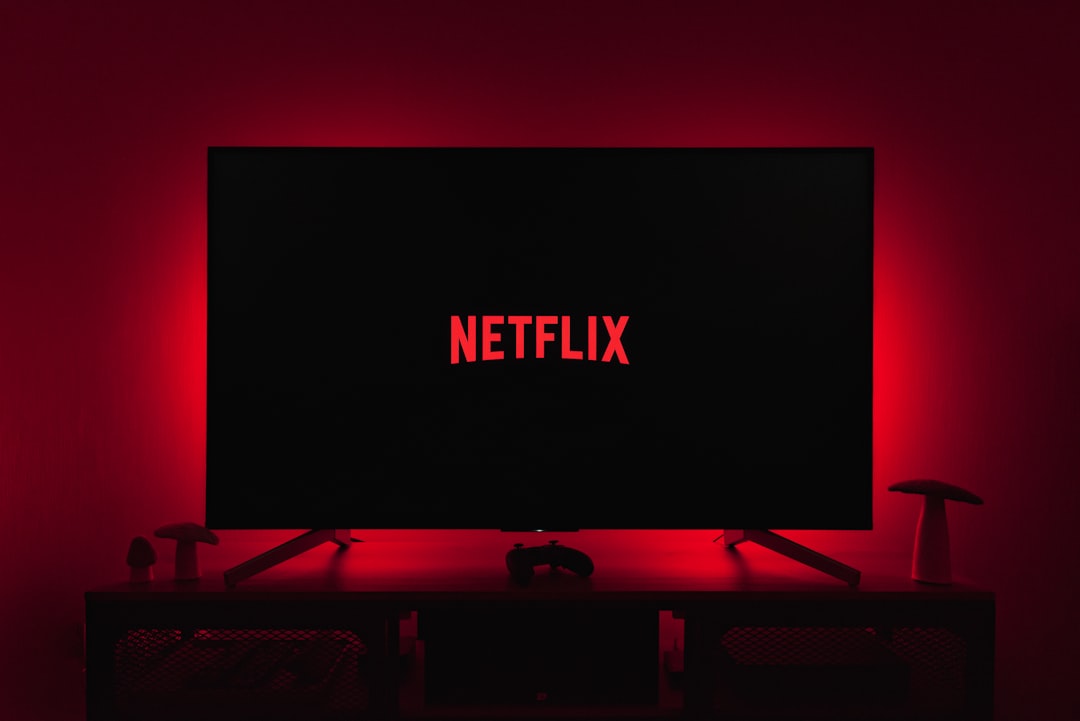
Risks and Limitations
While you probably won’t face legal consequences, there are a few risks and challenges to be aware of:
- Blocked access: Netflix can detect and block many VPN providers, so you may not always get through.
- Lower streaming quality: Routing through distant servers can affect speed and reduce video quality.
- Violation of terms: Repeated violations may, in theory, result in account suspension or termination, although this is rare.
Where It Could Be Illegal
While VPN use is legal in most democratic nations, some countries such as China, Russia, and North Korea have cracked down hard on VPN usage. In such places, using a VPN — especially for bypassing content restrictions — could potentially lead to serious consequences. Always check your country’s laws before using a VPN.
Best Practices If You Choose to Use a VPN
If you decide that accessing a different content library is worth the hassle, these tips may help you maximize your viewing experience:
- Choose a reputable VPN provider that is known to work with Netflix.
- Stay informed about the VPN’s server locations and performance.
- Opt for privacy-focused providers to minimize logging and data collection.
Final Thoughts
So, is using a VPN for Netflix illegal? In most cases, the answer is no. However, it does go against Netflix’s terms of service, and the platform has put in significant efforts to detect and block VPN usage. You’re unlikely to face any real-world legal consequences, but expect obstacles when trying to stream geo-restricted content.
Ultimately, the decision rests on your own discretion and ethical views. While you’re not breaking the law, you are bending the rules — and Netflix is watching.

